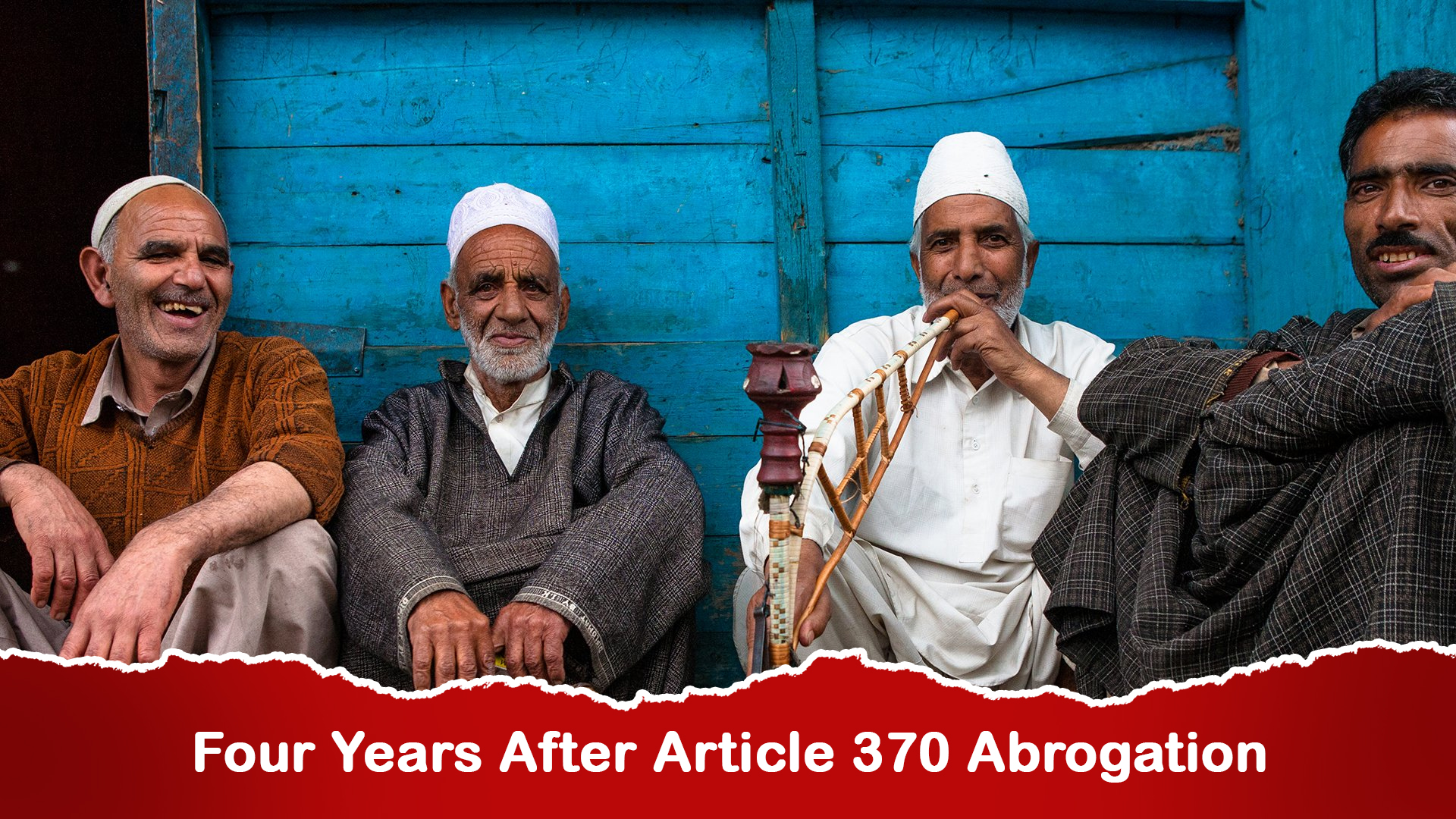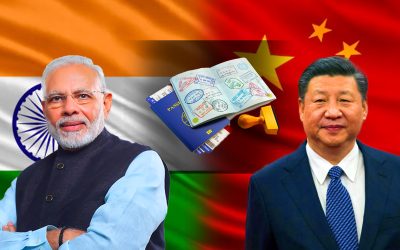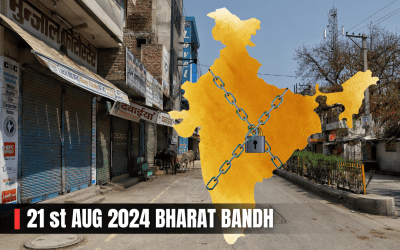It has been four years since Article 370 of the Indian Constitution was repealed, a move that has left a lasting impact on India’s federalism. The concept of federalism, a fundamental tenet of the Indian Constitution, was underscored by the Supreme Court of India in the S R Bommai v Union of India case. However, the nature of federalism in India is nuanced, as it follows an “asymmetrical federalism” model. This model recognizes that different states have varying relationships with the central government. The revocation of Article 370 raises essential questions about the very essence of India’s federal structure and its implications for the Union.
Reevaluating Federalism
India’s federal structure has evolved, moving away from the simplistic binary classification of “federal” or “unitary.” The early years of Independence saw a need for centralized power, gradually giving way to the importance of decentralization to strengthen the Union. This transformation in India’s federal polity has led to a more robust federal structure in 2023 compared to its inception in 1950. However, the revocation of Article 370 brings into question whether this move is an attempt to undermine the overall federal character of India.
The Changing Meaning of Statehood
One of the most significant questions emerging from Article 370 abrogation pertains to the evolving meaning of “statehood” within the Indian Union. While states have been created, merged, and reorganized over time, the transformation of a full-fledged state into a Union Territory under direct central rule is unprecedented. The Constitution itself allows for the creation, dismantling, or modification of states through Article 3. This innovation in India’s federal structure is reflective of its adaptability and capacity to address changing needs. However, the unilateral revocation of Article 370 challenges this very essence of flexibility.
Representation and Governance
The second question arising from Article 370 abrogation centres around the voice of the people in the governance of their state. Although there is no constitutional requirement for the people’s representatives to approve changes in a state’s status, the convention has dictated that a positive resolution in the state’s legislative assembly should accompany such changes. Yet, this convention was discarded during the creation of Telangana, where the bifurcation was carried out despite the Andhra Pradesh Legislative Assembly’s rejection. In the case of Jammu & Kashmir, the absence of an elected assembly raises concerns about the lack of democratic representation in the decision to revoke Article 370. The underlying question here is why the demand for bifurcation in Ladakh warranted the annulment of Jammu & Kashmir’s statehood, despite no similar demand within the former state.
Exceptionalism as the Norm
The third pivotal question revolves around the prospect of “contorted exceptionalism” in the Indian federal structure. Article 370’s uniqueness as a provision cannot negate the underlying principle that informed its creation. It established a framework for asymmetrical federalism, which subsequently influenced other states seeking distinct relationships with the Union. Notably, the resolution of armed insurgencies in states like Nagaland, Assam, Manipur, and Mizoram required constitutional amendments tailored to their unique needs. The unilateral revocation of Article 370 raises concerns about whether the central government reserves the right to annul special provisions granted to other states.
The Future of Jammu & Kashmir’s Statehood
Four years after the revocation of Jammu & Kashmir’s statehood, the absence of a clear timeline for its restoration remains a significant concern. The shift to direct central rule has highlighted the importance of democratic local governance, even in the case of Ladakh. This realization emphasizes that direct rule from Delhi is not a suitable replacement for a locally rooted, democratic government.
Impact on National Integration
The revocation of Article 370 has also brought to the forefront questions about national integration. While India has always celebrated its diversity and accommodated regional differences, the unilateral nature of the decision raises concerns about the inclusivity of the decision-making process. National integration is not just about the absence of secessionist movements; it also entails fostering a sense of belonging and participation among all citizens. The abrogation of Article 370 without adequate consultations or the involvement of local stakeholders can inadvertently send a message that the central government’s decisions take precedence over local sentiments.
Federalism and Cooperative Federalism
Cooperative federalism has been an important principle in Indian governance, where states and the central government work collaboratively for the overall development of the nation. However, the revocation of Article 370 has sparked discussions about whether this spirit of cooperation is being compromised. The decision, taken without the involvement of local leadership, raises concerns about the erosion of states’ autonomy and their ability to contribute to policy-making and governance at the national level. A truly cooperative federalism requires open dialogue and partnership, which seems to have been strained by unilateral abrogation.
International Implications
The revocation of Article 370 has not only sparked debates within the country but has also attracted international attention. The disputed status of Jammu & Kashmir has long been a subject of concern for neighbouring countries, especially Pakistan. The unilateral move to abrogate Article 370 has triggered diplomatic tensions and raised questions about the implications of such decisions on India’s foreign relations. The international community’s response to the revocation also prompts a broader discussion on India’s commitment to democratic principles, federalism, and inclusive decision-making.
Socioeconomic Development
The impact of Article 370 abrogation on the socioeconomic development of Jammu & Kashmir cannot be overlooked. While proponents argue that the move will pave the way for increased investment and development in the region, critics question whether the absence of local governance structures will hinder the effective implementation of developmental initiatives. A democratically elected local government often better understands the region’s unique challenges and needs, ensuring that policies are tailored to address them effectively. The absence of such a government raises concerns about whether the developmental aspirations of the region’s population will be fully realized.
Need for Dialogue and Inclusivity
One of the core principles of federalism is the need for dialogue, negotiation, and inclusivity in decision-making processes. The revocation of Article 370 has underscored the importance of engaging with various stakeholders, including local leaders, representatives, and citizens, before making decisions that have far-reaching consequences. The lack of a consultative approach, in this case, has ignited debates about the legitimacy and fairness of the decision. Moving forward, ensuring that federalism thrives in India requires a commitment to open and inclusive conversations that accommodate diverse perspectives and aspirations.
As we reflect on the four years that have passed since the abrogation of Article 370, it becomes evident that the questions raised about India’s federalism remain unresolved and uncomfortable. The essence of federalism is not merely about legal provisions but also about the spirit of cooperation, dialogue, and inclusivity. The revocation of Article 370 has challenged these principles and brought to light the complexities of governing a diverse nation like India.
While legal battles continue, the deeper issues concerning federalism, national integration, cooperation, and international implications demand thoughtful consideration. It is essential to strike a balance between central authority and regional autonomy to ensure that the essence of India’s federal structure remains intact. The road ahead requires a willingness to engage in open dialogues, acknowledge diverse perspectives, and craft solutions that respect the principles of federalism while addressing the concerns of all stakeholders. Only then can India’s federalism truly thrive, fostering unity within its diversity.








0 Comments